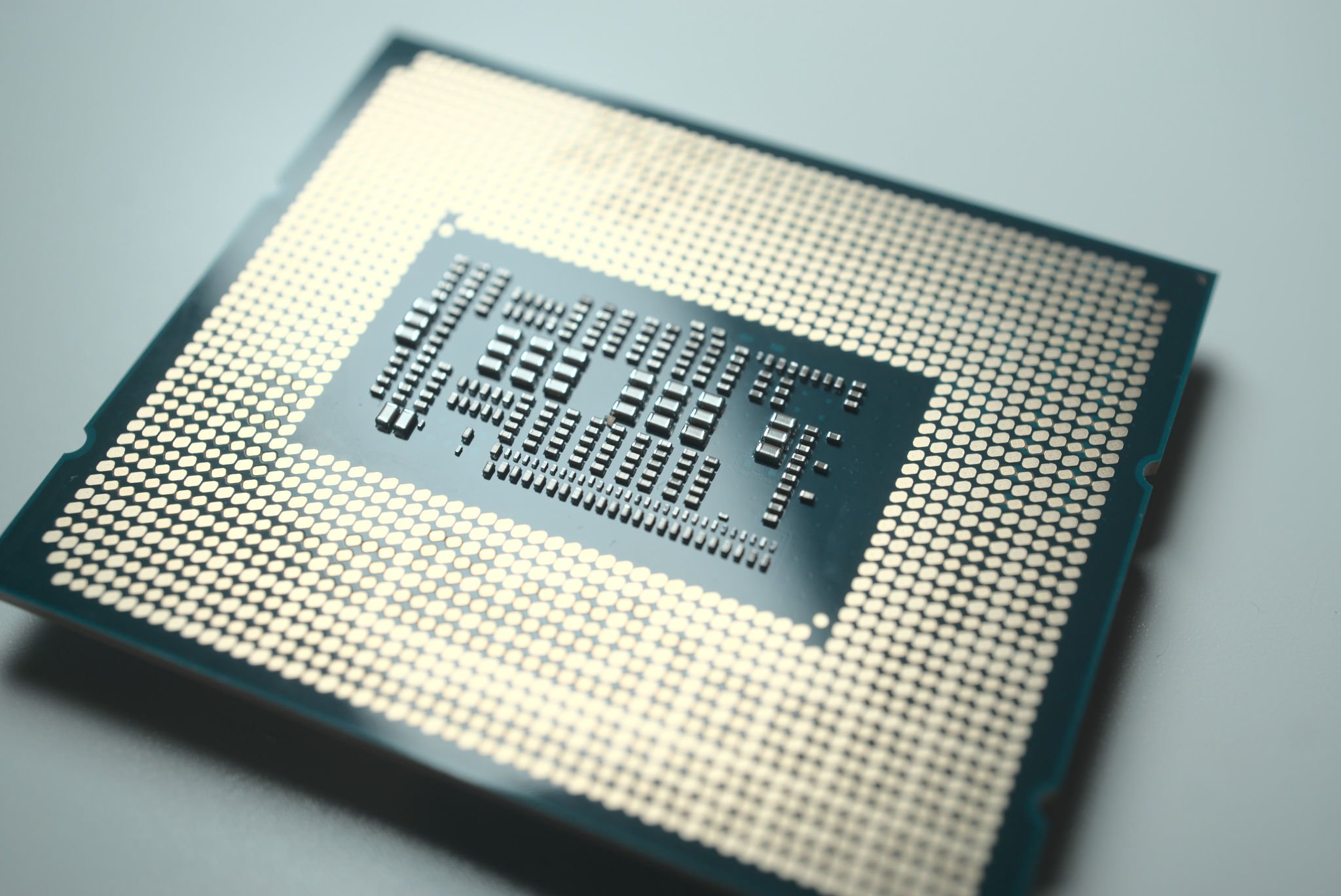EU Chips Act could double Europe's semiconductor market share by 2030
The proposed European Chips Act would set aside €11 billion for semiconductor research and development.

What you need to know
- The European Commission proposed a set of measures, known as the European Chips Act, to combat the ongoing global chip shortage.
- The European Chips Act includes the Chips for Europe Initiative, which will make €11 billion available for research and development in the semiconductor space.
- The European Parliament and the Member States of the EU need to discuss the proposal before deciding to adopt it or not.
To combat the ongoing global chip shortage, the European Commission recently proposed the European Chips Act. The proposal calls for a multifaceted plan to research and produce semiconductors in Europe. The European Chips Act includes the Chips for Europe Initiative, which will make €11 billion available for research and development related to semiconductors.
"Semiconductor chips are the essential building blocks of digital and digitised products. From smartphones and cars, through critical applications and infrastructures for healthcare, energy, mobility, communications and industrial automation, chips are central to the modern digital economy," reads the introduction of the Chips Act (via Politico). The document adds that "put simply, there is no "digital" without chips."
In addition to being used in the best graphics cards, semiconductors are used in smartphones, cars, and in manufacturing. Due to supply shortages and other factors, companies cannot meet the global demand for chips.
If approved, the European Chips Act will have more than €43 billion in place to react to changes in semiconductor supply chains. The European Commission states that the Chips Act will allow the EU to reach its goal of doubling its market share to 20% by 2030.
The U.S. Senate recently passed a similar piece of legislation. That bill allocates $250 billion to technological advancement, $52 billion of which is to fund semiconductors.
All the latest news, reviews, and guides for Windows and Xbox diehards.

Sean Endicott is a tech journalist at Windows Central, specializing in Windows, Microsoft software, AI, and PCs. He's covered major launches, from Windows 10 and 11 to the rise of AI tools like ChatGPT. Sean's journey began with the Lumia 930, leading to strong ties with app developers. Outside writing, he coaches American football, utilizing Microsoft services to manage his team. He studied broadcast journalism at Nottingham Trent University and is active on X @SeanEndicott_ and Threads @sean_endicott_.
